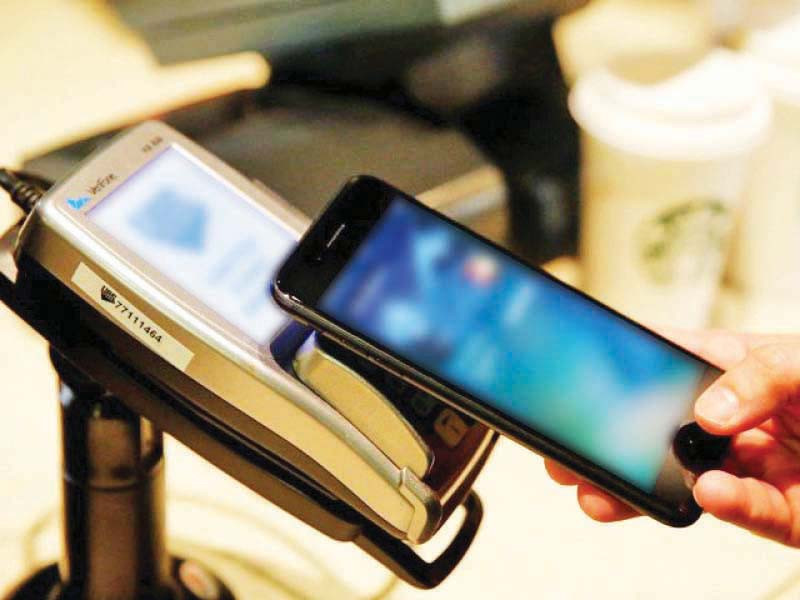
KARACHI: Women’s participation in financial services has remained low due to persistent barriers such as cumbersome documentation requirements, proximity to bank branches, and availability of suitable products, said State Bank of Pakistan (SBP) Governor Reza Baqir.
Speaking at an event titled “Asaan Digital Account: Breaking Barriers” on Monday, Baqir said that such problems together with constraining social and cultural norms were preventing women from availing even basic financial services such as owning a bank account.
“SBP is breaking these barriers and addressing women’s financial inclusion through various initiatives such as Banking on Equality Policy, Roast and customers’ digital onboarding framework to facilitate the convenient opening of bank accounts,” he said.
Revealing the details of Asaan Digital Account, the governor said that it would break the barriers of financial inclusion for women by offering faster, cheaper, efficient and convenient solutions for meeting their requirements.
Baqir termed the Asaan Digital Account a fully digitized solution for opening a full-service bank account from anywhere, at any time, through smartphones or computers with only a CNIC and no other documentation requirements.
He lauded the contribution of women in various fields and termed women empowerment the key to socio-economic development in the country.
Owing to gender gaps, women were unable to enjoy the same freedom to avail opportunities compared to men, he said.
“However, International Women’s Day encourages us to pause and reflect on the systemic barriers that limit women in their pursuits,” he said.
The governor stressed the need to reflect and renew the sense of ambition around gender equality in the financial services space.
Besides the Asaan Mobile Account, the SBP has launched various financing schemes such as the SBP Refinance and Credit Guarantee Scheme for Women Entrepreneurs, SME Asaan Finance, SAAF Initiative, and Prime Minister’s Kamyab Jawan Youth Entrepreneurship Scheme.
“The nationwide National Financial Literacy Programme is imparting essential financial education to the masses,” he pointed out.
While citing that the initiatives were bridging gender gaps in the financial sector and services, he stressed that more needed to be done.






